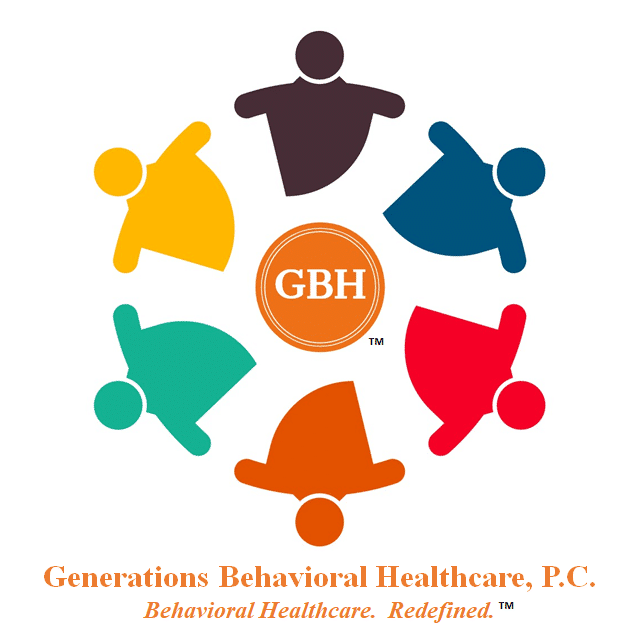
What is Obsessive-Compulsive Disorder?
Obsessive-Compulsive Disorder (OCD) refers to intrusive repetitive thoughts that cause an individual to perform acts in order to prevent something terrible from happening. The acts become ritualistic and can result in total control over the individual.
There are four characteristic symptoms of obsessions and two characteristic symptoms of compulsions used to diagnose Obsessive-Compulsive Disorder.
Obsessions include:
- The person experiences recurrent and persistent and intrusive thoughts or impulses that cause distress or anxiety.
- The impulses or thoughts are not about real to life problems.
- The person tries to ignore and suppress the impulse.
- The person recognizes that the obsession is not based on reality.
Compulsions include:
- Repetitive behavior or mental acts the person feels must be performed in compliance with rigid rules.
- The behavior is aimed at preventing or reducing the effects of a dreaded event or situation, even though the acts are not connected to the issue.
There are a number of examples of these controlling rituals. For example:
- A person who is obsessed with germs may feel the need to wash their hands again and again. There may be a specific number of times to wash or rinse their hands or a specific way to apply the soap.
- People can be obsessed with superstitions, such as avoiding stepping on the cracks in the cement.
- A person who is obsessed with the thought that each time they enter a room they must sit down, have to count the seams in the wallpaper, or even turn in circles a specific number of times before they can exit the room.
There are several different forms of therapy recommended for treating Obsessive-Compulsive Disorder including behavioral therapy, psychoanalysis, and medications. One of the most promising forms of psychotherapy – and what is recommended as the “standard of care” for treating OCD – is Exposure Therapy with Response Prevention or ERP for short. ERP involves working to build a client’s anxiety reduction skills and then gradually exposing them to anxiety-provoking situations while, at the same time, preventing the ritualistic, compulsive behaviors designed to superficially lessen the anxiety. This cycle of breaking the association between the obsession and the compulsive behavior gradually breaks down OCD and leads to significant symptom improvement.
For more information about OCD, or to schedule a consultation, please Contact Us or use our website to set an appointment.

